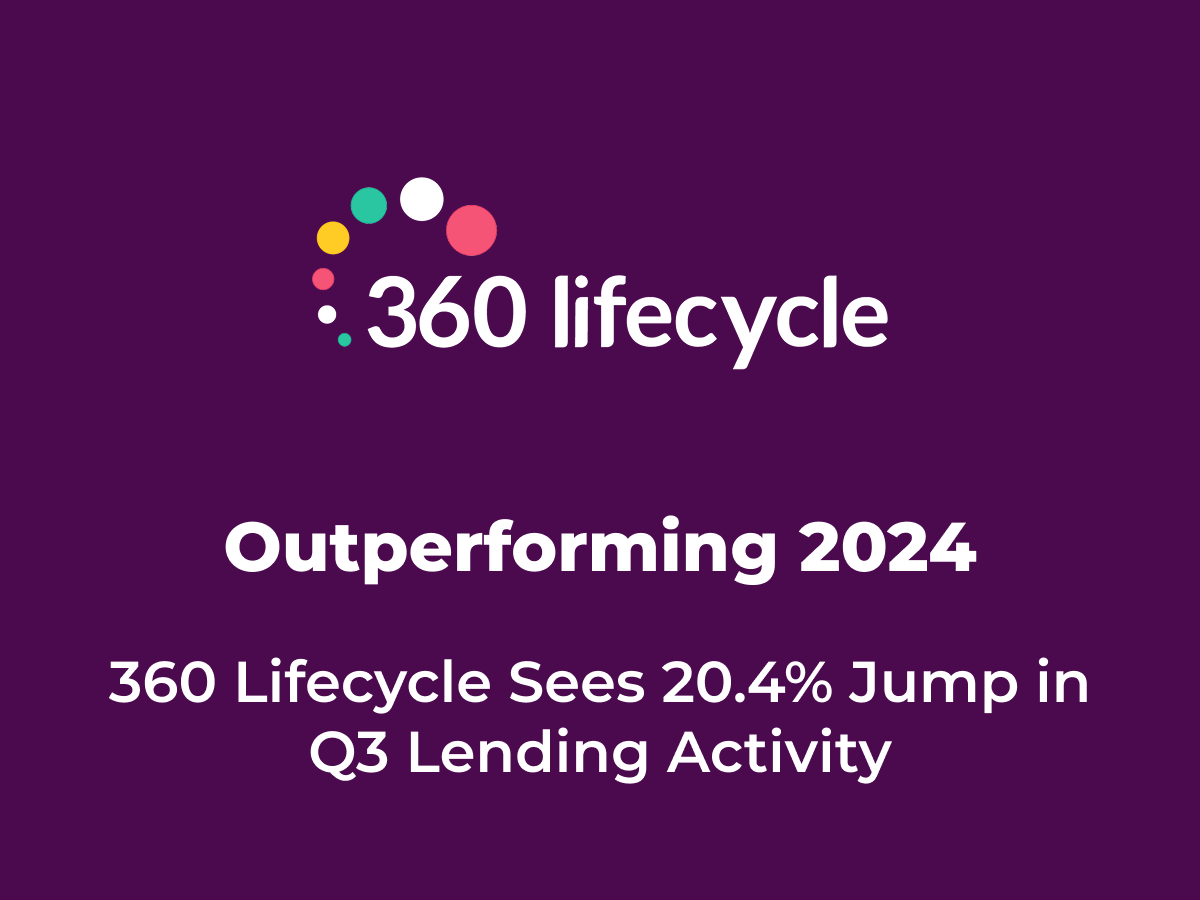
Technology belongs in the Financial Services Industry
Going into 2021, the expectation was a new year, a fresh start and the pandemic would be nearing the end. As we entered 2021, it came as a continuation of 2020 more than we expected with the same working and living situation, and the pandemic still looming over us.
In the past year, technology has been vital for success and efficiency in most sectors and has significantly impacted the way businesses operate. In the financial services industry technology has been paramount from the beginning allowing advisers to navigate the mortgage, protection and GI process digitally. For those who have not adopted technology trying to run their business has been problematic. Advisers have a colossal amount of paperwork to contend with even after one client. Advisers also face delays in receiving documents back which can impact the process, disrupt the journey and customer relationships.
When the pandemic struck the UK housing market was placed on hold which created fear and uncertainty until the market reopened. Different phases of lockdown continued, and people began to feel and still may feel isolated in their apartment with no garden and no freedom to roam. Now a year later, the extension of the Stamp Duty Holiday coinciding with the warmer months ahead has unleashed a surge of buyers and sellers. These factors led to the increase of mortgage, insurance and GI applications and technology has been crucial for advisers to keep up with the higher application volumes.
As adviser and customer circumstances and prospects are forever changing, digital mortgage, protection and GI processes are a necessity. The businesses that have adapted are coming out stronger on top then the traditional advisers who are not realising the advantages it can have upon their business. Tech allows advisers to stay ahead of their competitors and keep up to date with the ever changing environment.
Advisers who were running a paperless business beforehand, the transition to technology was a more straightforward one. Those that adapted to technology meant they could still communicate efficiently with their clients, the need for face-to-face meetings became a thing of the past. It is evident advisers have found many benefits to adopting technology whether that be reducing costs, increasing efficiencies in the data gathering process or staying in touch with customers.
Shaun Almond, Managing Director at HLPartnership, said: “The past year has demonstrated the value mortgage and insurance technology delivers to today’s modern adviser. Whether face to face or remote it is essential advisers have a comprehensive data capturing tool which integrates with sourcing and criteria engines. It is more important than ever before that an adviser can access their data, identify opportunities to meet needs, and ultimately stay in touch with customers. Technology provides the ability to create a loyal engaged client base, a great customer experience through accurate sourcing, and real efficiencies as comprehensive integrations allow the easy movement of data.”
The FinTech industry has been carrying out digital mortgage, insurance and GI applications before the pandemic, 2020 fuelled this process for advisers. After 2021, clients will still expect the same level of speed and efficiency. Advisers need to use this experience to continue to provide the same level of service. As we can now start to envision the future, the benefits that the digital world offers will not be forgotten, even for those businesses that will continue to work from home. The changes the past year has brought upon the industry are becoming permanent which consists of the desire for a sleek digital mortgage, insurance and GI process. Advisers need to realise the efficiency from this modernised world so they can continue to see the benefits technology can bring them to help them serve their clients.
Technology belongs in the finance space; the past year has clearly made that apparent. Technology will not stop driving the industry, it will continue to flourish and improve the efficiencies and help the sector to expand. It is up to advisers whether to adapt technology and embrace the change that will forever benefit their business.




